Does Taurine Supplementation Promote Cancer or Extend Lifespan? Or Both?
New paper in Nature uncovers scary facts that can be easily misinterpreted
After speaking on longevity at a high-profile event today, I went home and logged into my AI-powered literature-monitoring feed. The first paper that popped up on the list published in Nature on May 14th stood out with a rather conservative title - “Taurine from tumour niche drives glycolysis to promote leukaemogenesis” .
”Ooops”, I thought looking at a can of the most popular drink Red Bull, which proudly sports “With Taurine, lightly carbonated” on the label and has about 40% of the energy drinks market share. I put the drink aside thinking: “This paper can be interpreted in so many ways…”. Brace for controversy.
And I was right - the University of Rochester Medical Center pitched it to the media:
And the media made it more sensational with an attention-grabbing title appealing to our amygdala, which is responsible for the fight-or-flight response. It certainly got me and I continued reading with a glass of pure water.
By the time I finished reading, the Altmetric monitor of the paper looked like this:
Pretty scary, right ?
Well, it will be if the regulators that recently prohibited the use of multiple artificial colorings, or the FDA, decides to prohibit the sale of Red Bull and other Taurine-containing energy drinks until further investigation. And imagine that someone conducts a population meta-analysis and finds the increased incidence of cancer among the energy drink users (very plausible by the way as many of them also smoke).
Suddenly, we may no longer see the neck-breaking parkour, death diving, wing suits and other high-risk, high-click count videos. Who knows - maybe it is a good thing. Instead of focusing our attention on neck-breaking activities, companies should be sponsoring research in aging, longevity, and human performance. Or, at the very least, some of the frontier biomedical conferences in longevity biotechnology.
Taurine May extend life in mice.
Two years ago in 2023, Parminder Singh, presented the work he did while at the National Institute of Immunology in New Delhi, India published in Science titled “Taurine deficiency as a driver of aging” at the highest-profile conference in longevity biotechnology, Aging Research and Drug Discovery.
Check out the talk and get your ticket for the 12th ARDD in Copenhagen as it will bring together the brightest minds from academia and pharma where academics and startups provide the pharma companies with ambitious ideas and pharma provides the reality check and clinical rigor.
Should you immediately stop taking taurine?
Well, I personally stopped taking all of the vitamins, supplements, etc, a few months ago. Maybe it is a midlife crisis for someone who wanted to be the “venture capitalist of his own life” or maybe I am just taking a pause. But one thing I now believe in 100% is the need to very carefully-conducted, FDA-regulated double-blind, placebo-controlled clinical trials for any drug or intervention. Without these trials, unless your drug or supplement magically and consistently restores lost function or regrows your hair in humans, it should be considered unproven and ineffective. And even when it does, clinical trials should still be conducted. Same goes for the side effects - only the carefully-controlled clinical trials should be trusted.
Today, it may be possible to test your therapeutic intervention in a clinical trial for a specific disease and analyze the effects on biomarkers of aging as a free bonus as long as you get the consent and analyze the disease biomarkers.
Another point is that we should trust humans and, to some extent, non-human primates. Mice and even dogs are very different from humans in both safety and efficacy. Humans already live significantly longer than most species. While being great organisms to study the basic biology of aging, mice have a lot to learn from us and very little to teach us when it comes to interventions in longevity. I do advocate for conducting “lifespan studies” in mice but only for the purposes of biological research - no human claims before completing your human clinical trials.
Taurine looks to be Generally-Recognized as Safe (GRAS) and you should read up on it to see if this can change. It is unlikely that it will change due to that Nature paper.
I also believe that regular deep diagnostic procedures with maximum molecular and imaging (eg. MRI) biomarkers should be conducted before, during, and after any kind of “geroprotective” protocols. Many interventions that show promise in longevity have been implicated in cancer and other diseases.
Stay young, my friends! One form of aging you can try to reverse safely and effectively today is your psychological age.


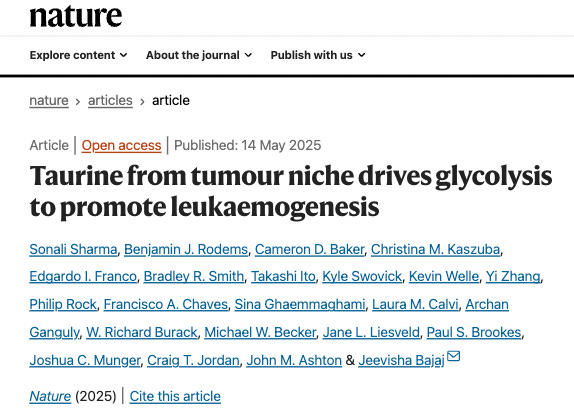
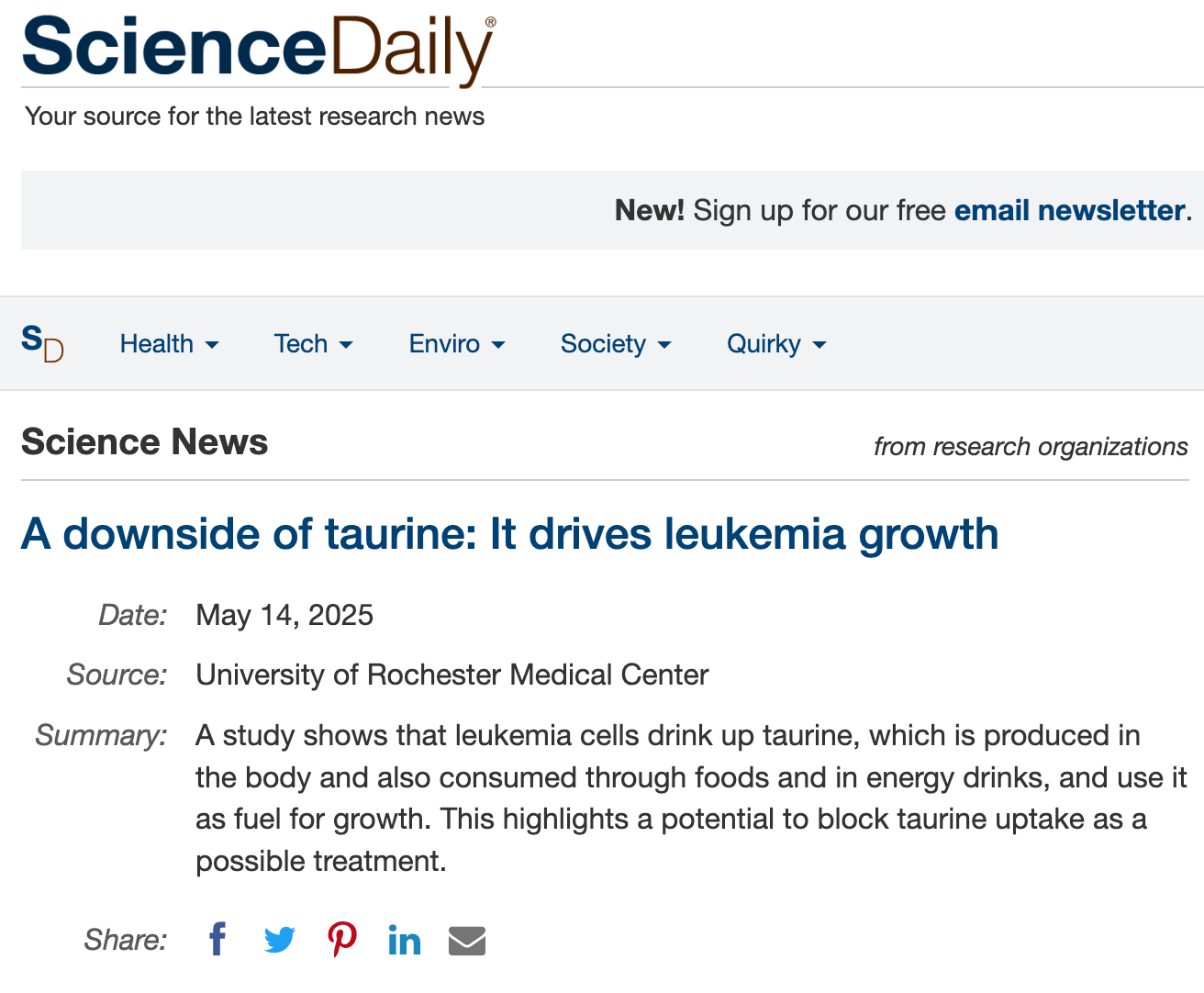
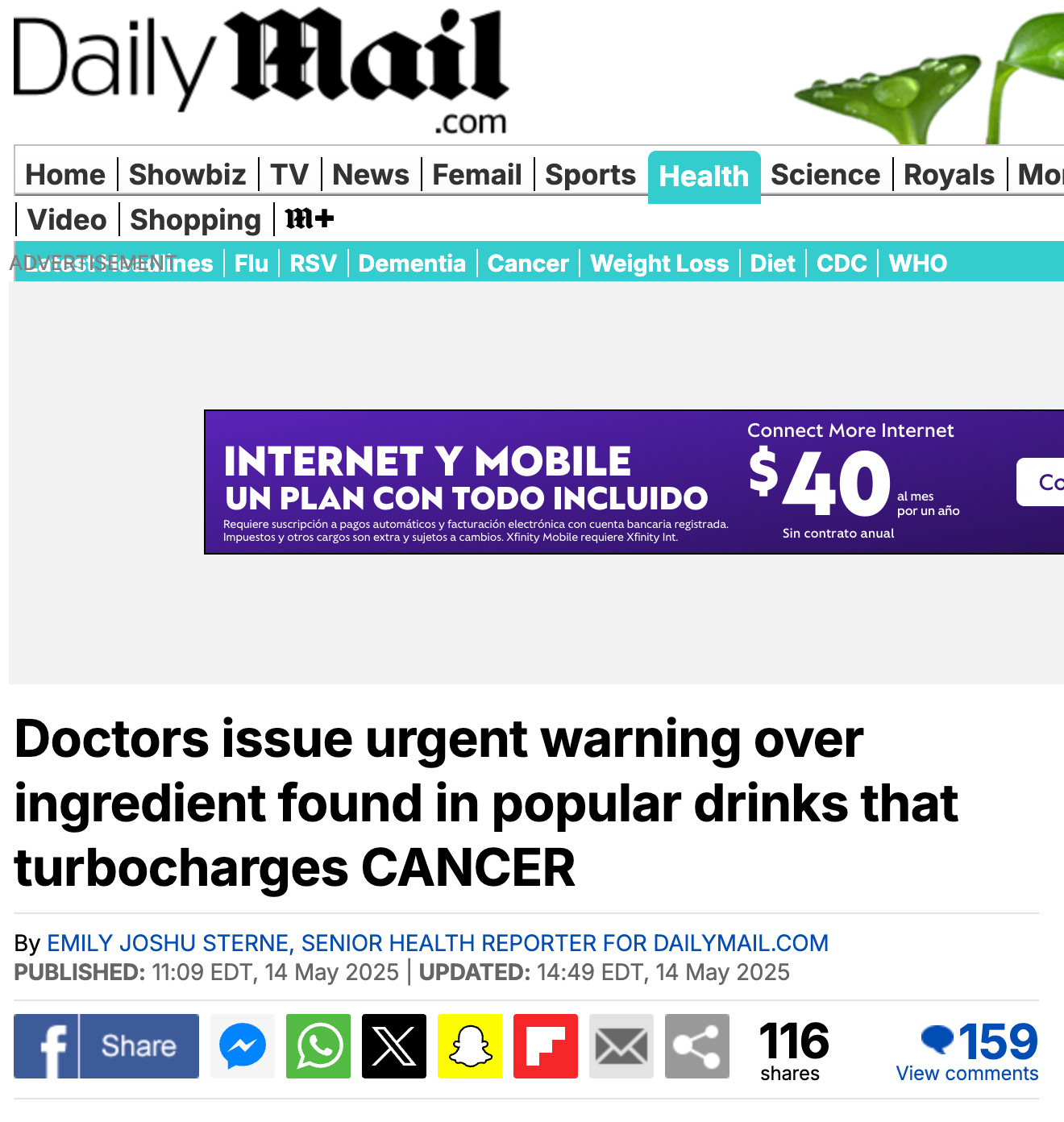
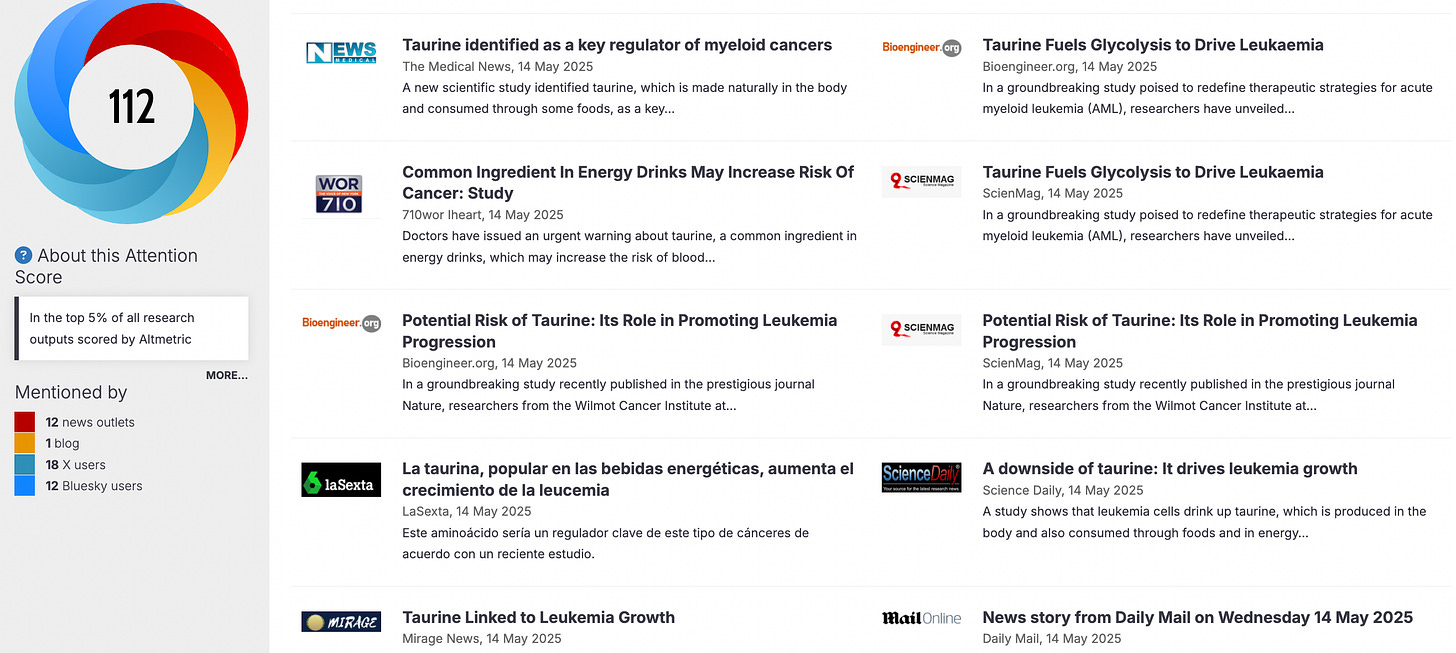
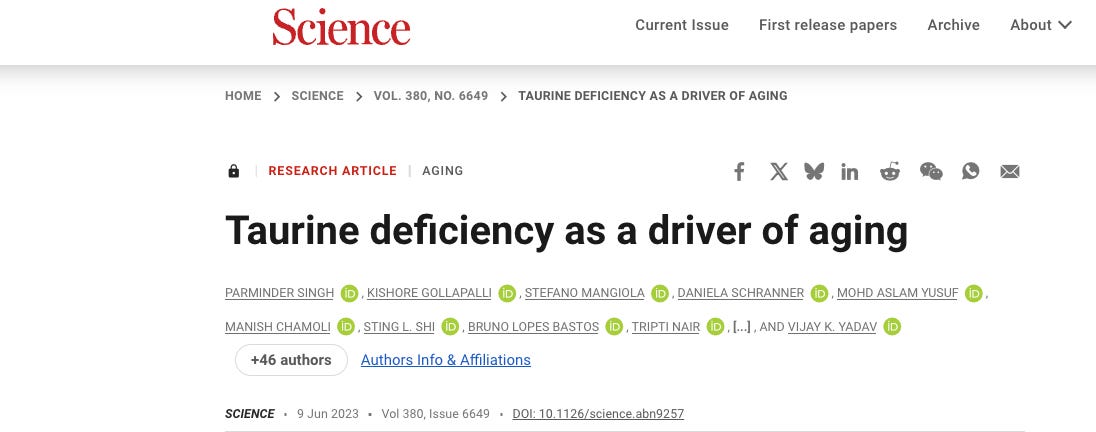
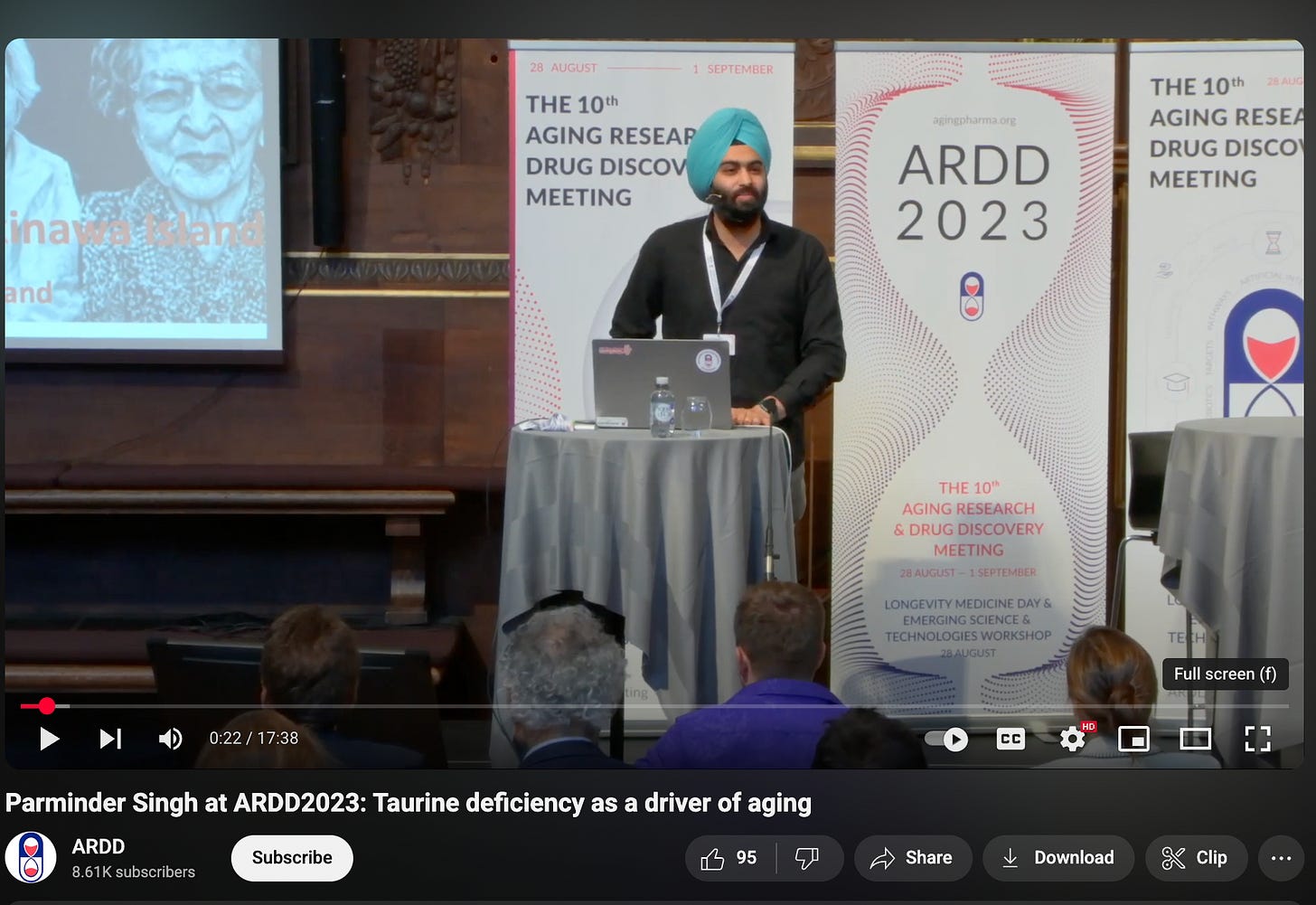
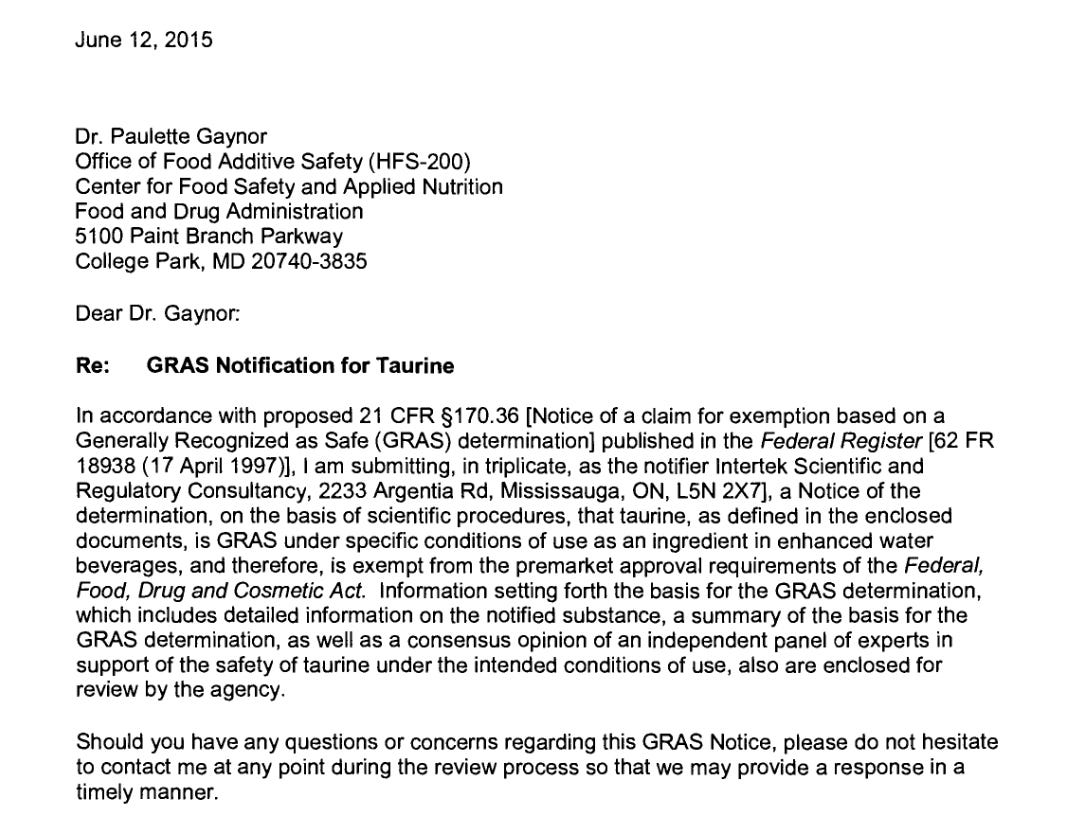
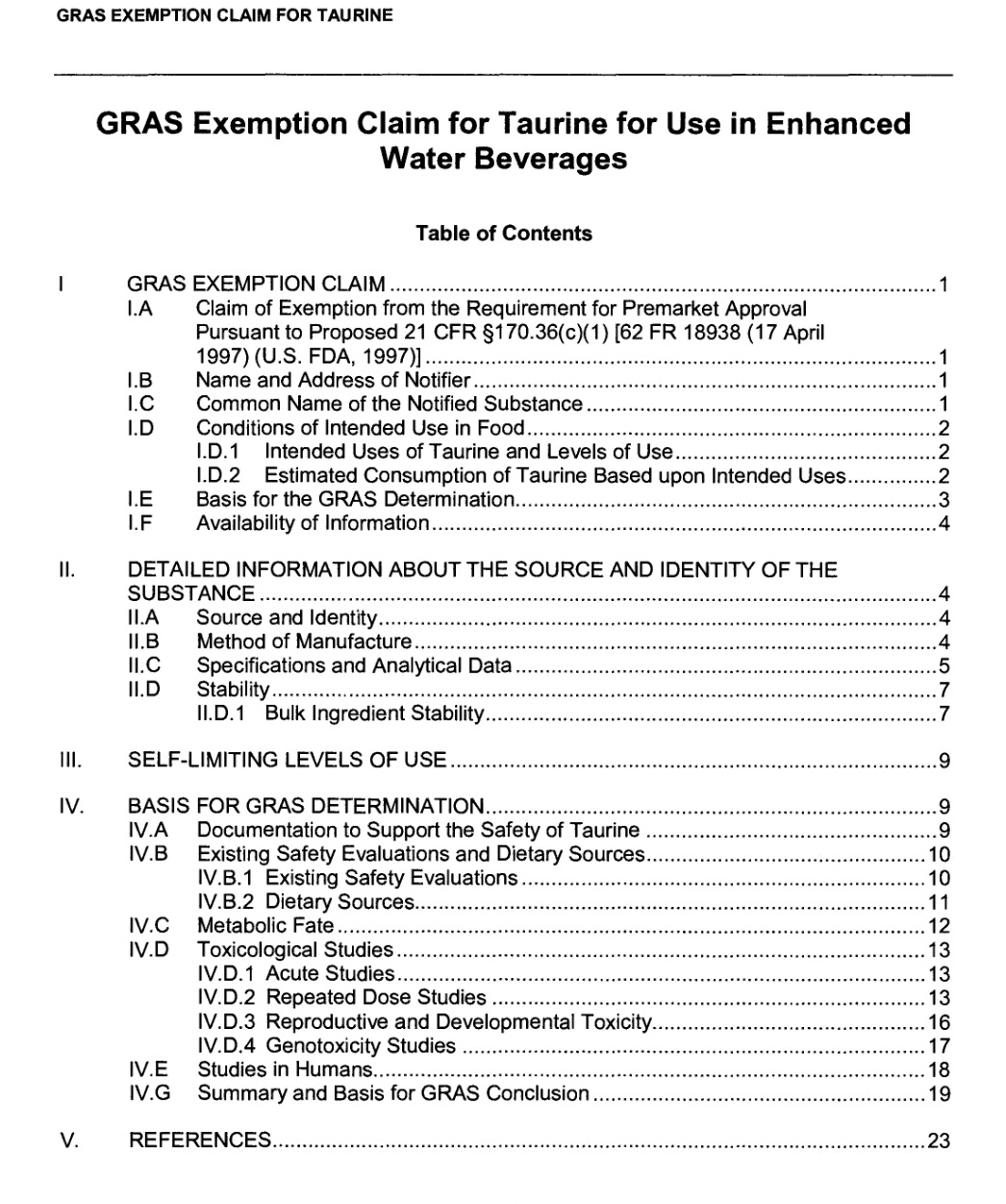
"But one thing I now believe in 100% is the need to very carefully-conducted, FDA-regulated double-blind, placebo-controlled clinical trials for any drug or intervention." - First of all the FDA has zero credibility, second: 90% of trials are very poorly designed and yield little information, third: too many of us have too many decades of using supplements and observing excellent benefits and thus we aren't about to stop taking and recommending supplements.
Having said that, there are a lot of supplements that are a massive waste of money. Either they are not cost effective (very expensive for very small benefits) or they are very poor products.
The bottleneck for your vision of running clinical trials for any supplements will be cost, time, and confounders. With things like vitamins that are used by a more general populations, there is less control over confounders in lifestyle, diet, etc. to show a significant correlation between a vitamin and a phenotype. Any comment on how to facilitate faster, cheaper trials to show efficacy?